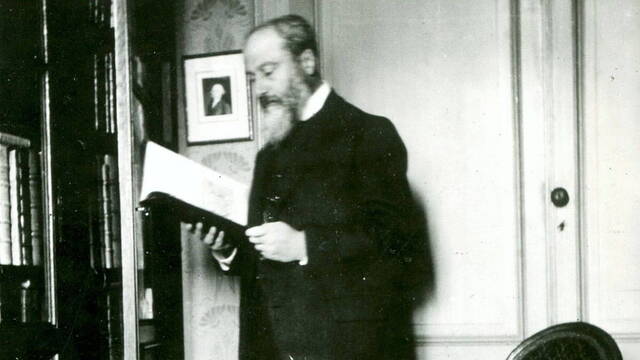
The standard view of acceptable scientific theories is that they must be able to pass empirical tests, with "crucial experiments" providing conclusive evidence for a theory over a competing one. However, in 1906 the French physicists Pierre Duhem in his The aim and structure of physical theory challenged this view by arguing that the falsification of a physical theory is necessarily ambiguous, and therefore there are no such things as 'crucial experiments'. Some decades later W. V. Quine Two Dogmas of Empiricism endorsed 'Duhemian holism' extending it to the whole science. As a consequence, the debate over evidential holism is commonly referred to as the Duhem-Quine thesis. As a result, the debate over evidential holism is commonly referred to as the Duhem-Quine thesis. This course aims to question whether the 'Duhem thesis' is comparable to the 'Quine thesis' by carefully examining Duhem's The Aim and Structure of Physical Theory and its historical context. By gaining a deeper understanding of these differences, we can shed light on the ongoing debate over evidential holism and its implications for scientific practice.
- Teacher: Marco Giovanelli